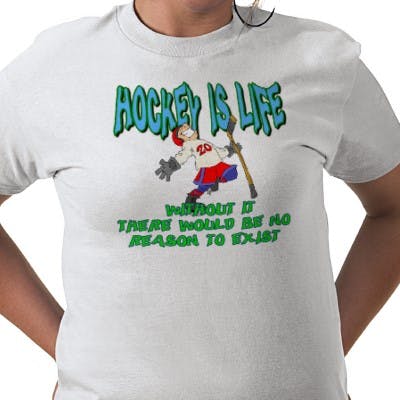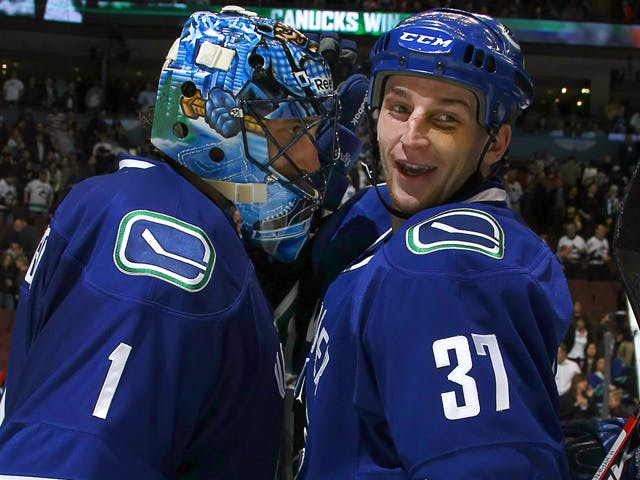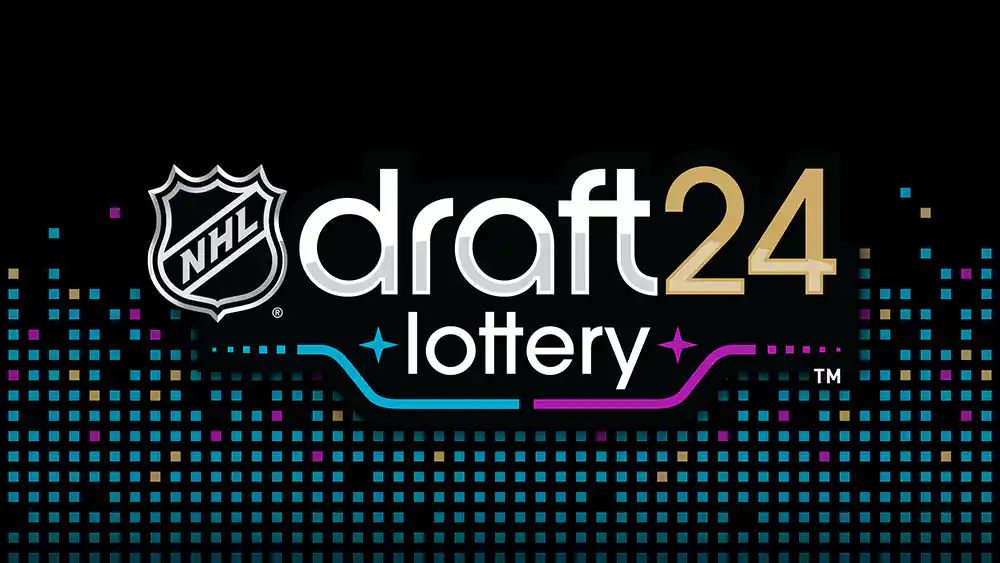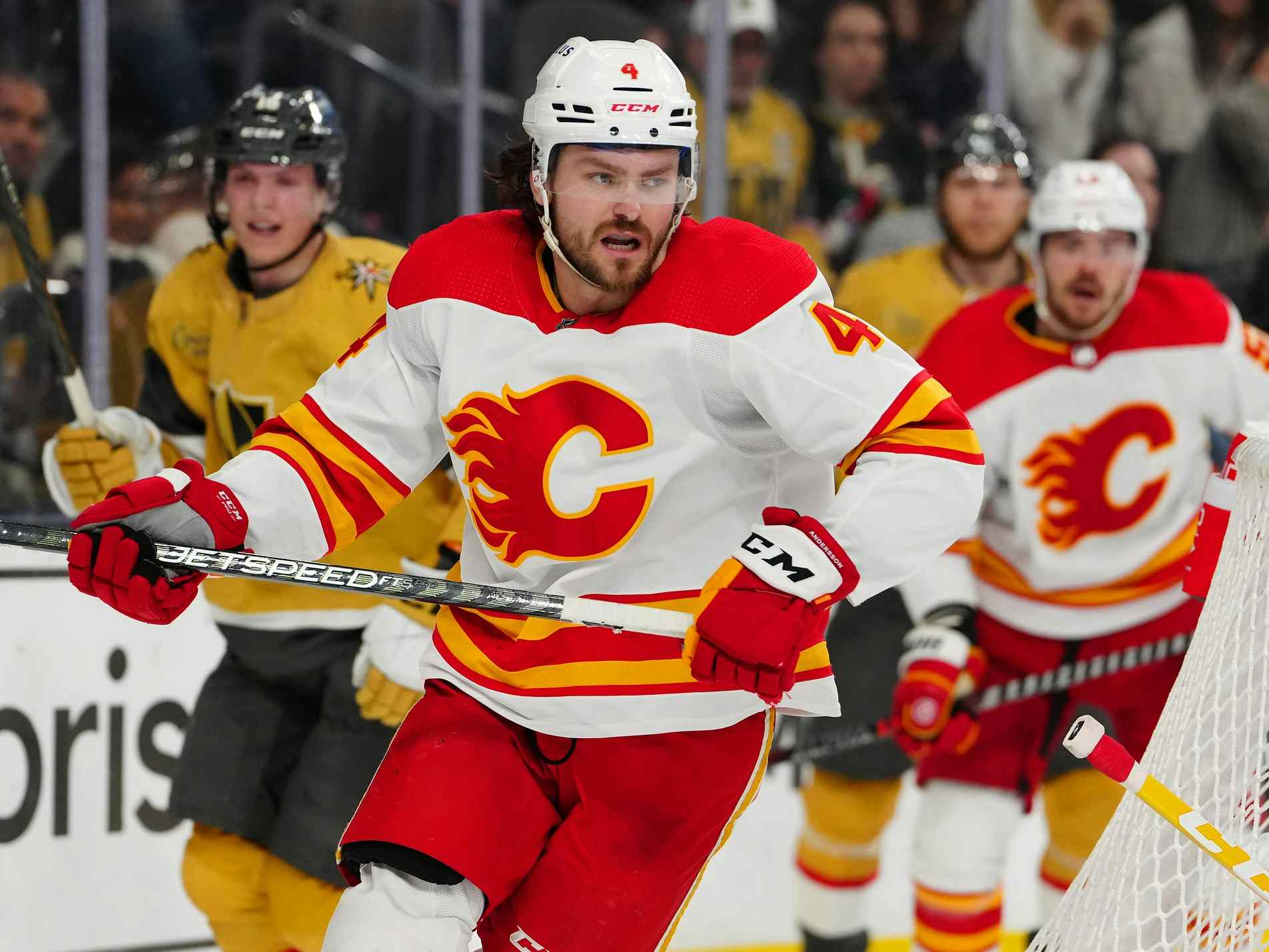HOCKEY REALITIES: GOOD AND BAD
By Jason Gregor
12 years ago
Yesterday we saw the distinct difference between sports and real life. It was a good day for hockey, but it was also an awful one.
Let’s start with the good: The Hockey News picked the Oilers to finish last in the Western Conference.
I’m sure Oiler fans are wondering how this possibly can be good, but stick with me.
It is good because it gives us a topic to debate, and when you consider the bad – Rick Rypien’s passing – this prognostication isn’t that worrisome.
Before you Oiler fans start ripping the Hockey News for being stupid, irrelevent, anti-Edmonton or any other colourful phrase/adjective, keep in the mind that they predicted the Oilers would finish 30th last season. They might not be perfect, but they are far from uninformed or biased.
LONG WAY TO GO
Most smart Oiler fans have already erased last season from their memory.
You’ve forgotten that the Oilers finished a whopping 35 points out of the playoffs.
You haven’t sat down and realized that they had 18 fewer wins than any playoff team in the western conference.
Hell, they had five fewer wins than the 14th place team in the western conference, but none of that matters now.
Taylor Hall is a year older, five pounds heavier and much stronger. Jordan Eberle, Magnus Paajarvi and Linus Omark will surely improve on their 43, 34 and 27 point campaigns.
Ryan Whitney, Ales Hemsky and Shawn Horcoff will be healthy for the majority of the season.
Devan Dubnyk will emerge as a solid netminder, and a 14-day stint in tent city has given Nikolai Khabibulin a new perspective on life; so he’ll be hungry to prove he is a still a solid NHL goalie.
The additions of Ben Eager, Darcy Hordichuk, Andy Sutton and a more mature Theo Peckham give the Oilers "functional" toughness. and that will surely make them harder to play against.
Tom Gilbert and Ladislav Smid will finally play with some consistency and become bonafide top-four D-men.
Cam Barker will emerge as one of the best UFA signings of the summer. He’ll play with a chip on his shoulder all season, and he’ll show the doubters in Minnesota and Chicago that he was worthy of being a top-five pick.
Sam Gagner will put an end to the hottest debate in the Nation; and emerge as a 65-point player.
Ryan Nugent-Hopkins will be the "Jeff Skinner" of the 2011/2012 season. Even though many doubted his ability to play as an 18-year-old NHLer, he will surprise many and produce 45 points.
And of course having the best combination of hockey hair in the NHL, Ryan Smyth and Ryan Jones, will ensure the Oilers won’t finish 15th in the west, but instead they will compete for a playoff spot.
The Hockey News’ obvious disregard for all of these "facts", will allow you to mock them endlessly come April when the Oil play their first playoff game in six seasons.
REALITY CHECK
What’s good about THN’s prediction is that it gives sports fans something to discuss and debate. It allows you to write, blog, text, tweet and talk about the upcoming season with such passion and certainty that you forget about the real world.
What’s great about prognosticating articles is that none of truly know how the season will unfold.
I think it is highly unlikely the Oilers finish 15th, but I also doubt they will make the playoffs, however, I’ll be anxiously watching and analyzing how the season unfolds.
THE BAD: REAL LIFE

The bad arrived when we heard that former Vancouver Canuck and current Winnipeg Jet, Rick Rypien, passed away. Rypien was only 27. He spent seven seasons in the Canucks organization, with the past three and a half being in the NHL with the Canucks.
Rypien stood 5’11" and weighed 195 pounds. He was a small compared to the heavyweights that he fought, and often many of us wondered how a guy that small in stature would willingly drop his gloves to fight guys who were much bigger. I found out today that Rypien had been fighting a battle that was much tougher than any on-ice opponent he’d ever faced.
He struggled with mental illness.
What saddens me the most is that some will want to use Rypien’s unfortunate passing as a way to further their own anti-fighting stance. Some will suggest that is was fighting, and the possible injuries he sustained in those fights, that led to his battle with depression. Many will choose that route because it is much easier to debate the merits of allowing fighting in hockey than to look at the bigger issue in this situation; Depression.
For the past few years it was quietly whispered, but never discussed openly, that Rypien was battling depression. We’d rather discuss the merits of fighting instead of the symptoms and signs of depression, because, frankly, the topic of fighting isn’t as uncomfortable.
It turns out that Rypien had been battling depression well before his NHL career.
Dan Waschuk played with Rypien for three years in Regina. He emailed me an honest insight into what likely started Rypien’s struggles.
"I was fortunate to be a teammate of Ricks for the better part of three years with the Pats. At that time he suffered a horrific personal off-ice tragedy. As 17 and 18 year olds, we never knew how to act or help him through it. It was sort of just pushed aside and we never spoke of it. Perhaps if we were properly educated on these sorts of issues we could have recognized what was going on, and in some way made a difference. I have only great memories of Ryp and I offer my deepest condolences to his family. He will be greatly missed and perhaps we can all learn from this tragedy."
Many of us, including me when I was in my twenties, think depression is just an excuse for being lazy or unmotivated. "What does he/she have to be depressed about," is a common response. Unless you’ve battled depression it is hard to fully understand or describe how one feels. I’ve seen people very close to me suffer from it, and while I’m much more sensitive and understanding to their plight, at times I just can’t relate to how they are feeling.
I’ve learned that showing empathy rather than trying to understand why they feel the way they do is a much better course of action.
Sports are supposed to be entertainment and an escape from our daily lives. We watch it and dream about what it would feel like to win a championship, score a big goal, cash a fat cheque, but rarely do we focus on the human element of sports. We have enough stress or concern in our own lives, so in many cases we don’t want to think know about the downfalls of our sporting idols.
CURIOUS
With Rypien’s sudden passing, I’m left wondering why he and the hockey world felt inclined to keep his battle a secret. Was he worried he’d be ridiculed? Would it taint his image as a rough and rugged hockey player? It might have, but I think he would have received many more emails and letters of support and courage rather than ridicule.
I’m not blaming anyone, because I’m sure it was an extremely difficult situation. I asked because we have recently seen some other athletes go public about their battles with mental illness.
Joey Votto, the 2010 National League MVP, talked candidly about his battle with depression in this 2009 interview with Richard Griffin.
Here are a few snippets of that article.
I was having panic attacks and they were overwhelming me to the point where I needed to go to the hospital on two separate occasions – once in San Diego and once that nobody had been told about. I went to the hospital in Cincinnati when the team was on the road. It was a very, very scary and crazy night where I had to call 911 at three or four in the morning. It was probably the scariest moment I had ever dealt with in my life.
I really hadn’t acknowledged how important it is to express the things I was dealing with," Votto said. "To have someone to talk to is really important. To be able to talk to someone and say this is what’s going on, that’s been the most important part.
In July, Miami Dolphin receiver, Brandon Marshall, talked openly in an excellent piece by Omar Kelly about his Borderline Personality Disorder (BPD).
"BPD is a mental illness that studies say is more common than schizophrenia and bipolar disorder, but is rarely diagnosed because of misperceptions in the mental health community, and the challenges of providing a proper treatment plan.
The disorder is marked by difficulties with relationships and self-image and controlling moods and emotions."
Sports fans are humans, and even though the comments in blogs don’t always reflect that, the majority of fans are sensitive and caring. Taking fun shots at players, writers and commenters about their production or opinions is one thing, but usually when we read about real-life hardships most comments are positive and supportive.
I understand the urge to want to find a connection between Rypien’s fighting, possible concussions and his depression, but in this case it seems his battle started well before his NHL fighting days.
And if they do study his brain what happens if the results don’t find that connection? Will the same sports writers or bloggers ask more questions? Will they try to uncover more about the struggles of living with depression, or will they turn to another subject that isn’t as uncomfortable?
Sadly, I think we know the answer.
My sincere condolences to the Rypien family. No father or mother should ever have to bury their 27-year-old son.
If people are looking for a cause to support from this case, it shouldn’t be their feelings about fighting; it should be to debunk the stigma attached to mental illness.
Recent articles from Jason Gregor




